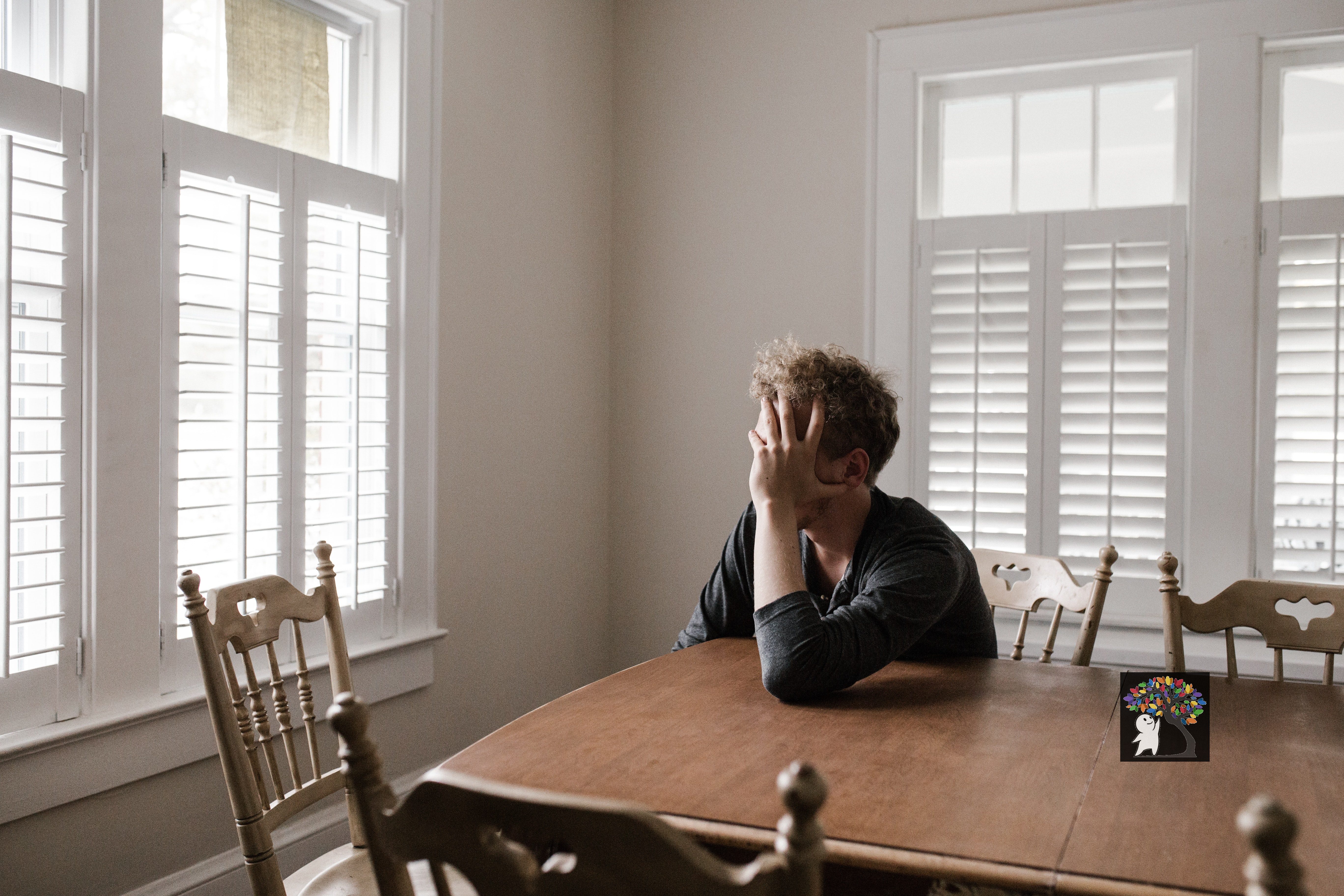7 Things That Will Drain Your Energy

Everyone has a few bad habits that they’re guilty of indulging in every now and then; be it, drinking too much coffee, eating junk food, or staying up late. In the same way that such things can be dangerous for your physical health if you leave them unchecked, there are many different ways our thought and behaviors negatively affect our mental health as well.
Mental wellness is equally as integral to our overall wellbeing as physical health. Research shows that good mental health leads to better stress management, increased productivity, less risk of mental illness, good self-esteem, and an overall better quality of life (Patel, Flisher, Hetrick, & McGorry, 2007).
If you’re looking to take better care of your mental health and stave off emotional exhaustion, here are the 7 most common things people do that drain their energy:
1. Pessimistic Thinking
Pessimistic thinking is an easy trap to fall into, and for a lot of us, it’s one of our initial reactions when things go wrong. However, fixating too much on the negative aspect of things and failing to see all the good you have in your life will often lead to depression and discontentment (Lavender & Watkins, 2004).
When you think the grass is always greener on the other side, you are constantly looking for ways to put yourself down and see your situation in a bad light. You may find it hard to feel grateful for all the blessings you have and catastrophize every minor inconvenience you encounter.

2. Perfectionism
Another way you may be hurting your mental health is by being too much of a perfectionist. Granted, pursuing excellence and constantly pushing yourself to do better is a good thing that often leads to success, but only when it’s done in moderation.
Taken too far, this can leave you aiming too high and ultimately setting yourself up for failure, being too hard on yourself, and beating yourself up over things that are out of your control. You think that it’s simply a matter of being perfect or failing miserably, with no in-between; a cognitive distortion termed as “dichotomous thinking” by famed psychotherapist Aaron Beck (Beck, 1974).

3. People Pleasing
This is an obvious one: worrying too much about what other people think and devoting all your energy to living up to their expectations instead of your own will no doubt cause you a lot of inner peace. Instead of putting yourself first and attending to your own needs, you prioritize other people and their needs.
Human beings have an innate need for positive regard (Heine, Lehman, Markus & Kitayama, 1999). Even from a young age, we crave the approval of others, and we carry this predisposition with us as we grow older. However, it’s impossible to please everyone, and it will only drain you the more you try.

4. Guilt/Regret
Guilt and regret are both come from a place of knowing what we should do or what is expected of us, but not being able to. When applied to a wrongdoing, guilt and regret can be healthy and do a lot to help us become better people. However, these emotions should never be allowed free rein over our lives.
Living in constant guilt over our mistakes or regretting what could have been will drive us mad if we carry it with us long enough. It makes us preoccupied with our failures and the disapproval of others, magnifies our problems, and leads us to becoming too critical of ourselves.

5. Comparisons
A lot of people struggle not to always compare themselves to others. When you are constantly competing with those around you and seeing how you measure up to them, it hurts your self-esteem and leaves you feeling emotionally exhausted, because there’s always going to be someone out there who’s better than you in some way. You can’t be the absolute best at everything, all the time.
This need to outdo others and use them as standards to judge ourselves may arise from self-doubt and insecurity. Ironically, however, comparisons often leave us feeling bitter, resentful, jealous, and ultimately unhappier with ourselves than we were before. This is probably why studies show that more frequent smart phone use and social media exposure lead to worse symptoms of depression, loneliness, and anxiety (De Choudhury, Gamon, Counts & Horvitz, 2013).

6. Working Too Much
Being too busy to enjoy the simple pleasures of life and not knowing when to take a break from work is a problematic behavior pattern that easily leads to burnout and emotional exhaustion. If you can relate, you likely have a hard time relaxing, always need to keep yourself preoccupied, and may be out of touch with yourself and those around you.

7. Bottling Your Emotions
There’s nothing wrong with being a private person and wanting to keep your troubles to yourself. However, it can be incredibly therapeutic to share your uneasiness with someone you trust and open up to them about what you may be feeling. Otherwise, keeping everything inside all the time can feel a lot like carrying the weight of the world on your shoulders, all on your own.

These are just a few of the ways we may be emotionally exhausting ourselves without knowing it. None of these behaviors should be turned into daily routines, or we’d risk becoming our own worst enemies. In the end, taking care of our mental health by avoiding dysfunctional thinking patterns and behaviors is a must. Breaking bad habits takes time and perseverance, but in the end, they can do a lot to improve our emotional well-being and quality of life.
References:
- Patel, V., Flisher, A. J., Hetrick, S., & McGorry, P. (2007). Mental health of young people: a global public-health challenge. the Lancet, 369(9569), 1302-1313.
- Lavender, A., & Watkins, E. (2004). Rumination and future thinking in depression. British Journal of Clinical Psychology, 43(2), 129-142.
- Egan, S. J., Piek, J. P., Dyck, M. J., & Rees, C. S. (2007). The role of dichotomous thinking and rigidity in perfectionism. Behaviour research and therapy, 45(8), 1813-1822.
- Beck, A. (1974). Cognition, affect, and psychopathology. Thought and feeling: Cognitive alteration of feeling states, 127-140.
- Heine, S. J., Lehman, D. R., Markus, H. R., & Kitayama, S. (1999). Is there a universal need for positive self-regard?. Psychological review, 106(4), 766.
- De Choudhury, M., Gamon, M., Counts, S., & Horvitz, E. (2013, June). Predicting depression via social media. In Seventh international AAAI conference on weblogs and social media.



Responses